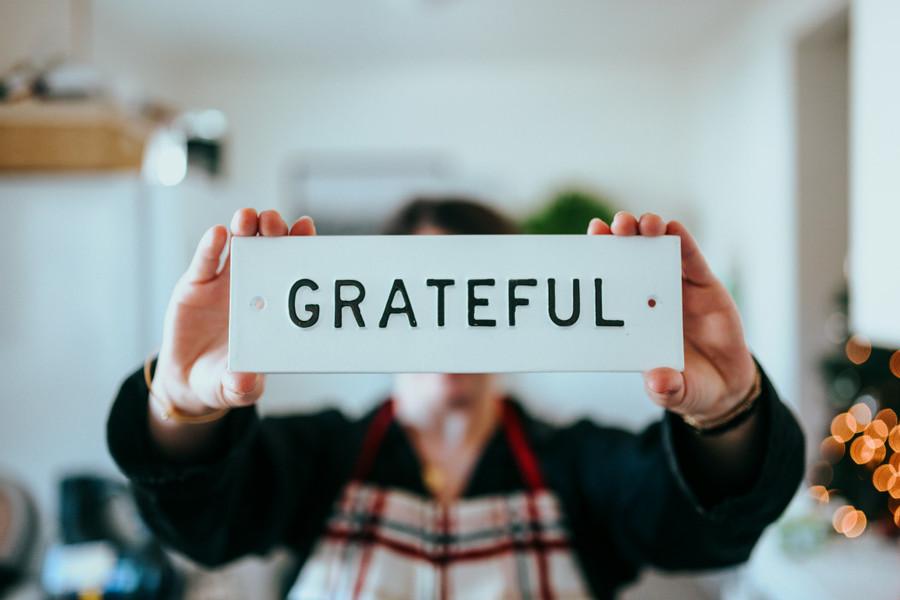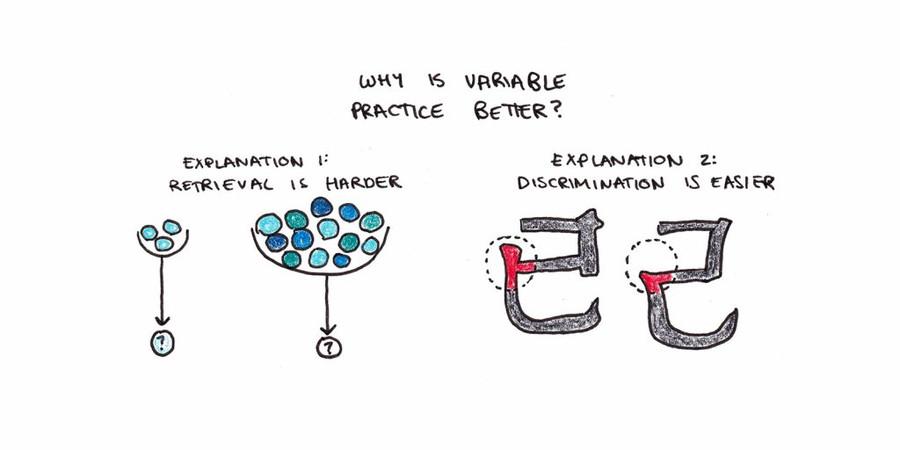About gratitude
Gratitude isn’t just a practice of saying thank you, but also the process of focusing your attention away from problems and danger and onto things which are good.
It takes a lot of practice to make gratitude a habit, because our mind are usually powerful problem detectors.
1.07K
6.54K reads
The idea is part of this collection:
Learn more about personaldevelopment with this collection
Basic survival skills
How to prioritize needs in survival situations
How to adapt to extreme situations
Related collections
Similar ideas to About gratitude
Gratitude as a way of life
Being grateful is an attitude and it ranges from saying 'thank you' when receiving a gift...to a deeper sense of thankfulness for life, looking at life through gratitude glasses - considering everything good or bad in life as a potential gift.
Gratitude is the -
- ...
Start the day with a mantra
... to get you into a positive mood for the day ahead. Put your mind in a good state right away, because left unchecked it will try to tell you the things that are wrong.
Pick a phrase or question that resonates with you. It could be as simple as smiling and saying "thank you...
Mixing Concepts And Ideas
When you mix practice between two similar ideas or concepts, you’re better able to notice the difference between the two.
This discriminative account in favour of variable practice holds true for many problem-solving skills. Math problems are often taught in a blocked fashion. You learn so...
Read & Learn
20x Faster
without
deepstash
with
deepstash
with
deepstash
Personalized microlearning
—
100+ Learning Journeys
—
Access to 200,000+ ideas
—
Access to the mobile app
—
Unlimited idea saving
—
—
Unlimited history
—
—
Unlimited listening to ideas
—
—
Downloading & offline access
—
—
Supercharge your mind with one idea per day
Enter your email and spend 1 minute every day to learn something new.
I agree to receive email updates


